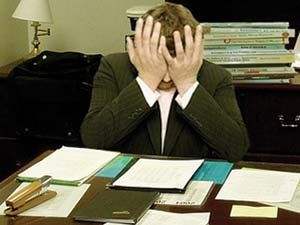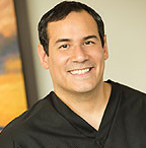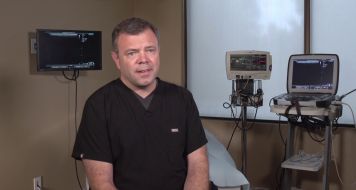
Everyone knows that person. The person that just doesn’t know when to take a break; the person who has absolutely no social interaction unless it’s on the phone with a fellow coworker or hopeful client; the person that would rather pile up those vacation days rather than utilize them for an occasional two to three day break. If this person describes you at all, then you’re most likely an overambitious workaholic. Although this can be a positive trait that could drive you to success, it may also be driving your health into the ground.
Working long hours can greatly increase your risk of a stroke, according to a study performed at University College in London, England. This study involved over 600,000 individuals and resulted in the discovery of the fact that those who worked over 55 hours a week were at 33% more risk of a stroke than those who worked the typical 40-hour work week. Results also showed that the risk of a heart attack increases by 13%. These overwhelming working conditions tend to lead to more stress, which the body then has to adjust to. Charles Raison, MD, professor of psychiatry for the University of Wisconsin, describes that if you overwork yourself on a weekly basis and keep your stress levels high, “the body begins to accommodate that chronic stress, and almost none of the effects are good.” Another specialist chimed in, Ralph Sacco, MD, a neurologist and past president of the American Heart Association. He stated, “One of the biggest things we know (is) that people who are stressed — whether it’s individual family stress, economic stress, or social stress — can increase blood pressure, and the risk of heart disease and stroke. It can also increase the risk of depression, and depression itself is related to an increase in stroke and heart disease.”
Best recommendation that can be made is to stop putting off those vacation days and start putting up your feet. Relaxation is the best medicine against stress. To get away from the workplace and shut yourself out of that stressful environment can pay dividends in dropping your blood pressure and enhancing your overall mood. Dr. Raison further validated this advice when he stated, “I recommend taking all of your vacation time.” These vacations don’t have to be extensive. Just a small amount of vacation time, such as a couple of days, can be greatly beneficial. It is important to spread out these breaks from work on your calendar to avoid a “stress relapse”. This is due to the fact that most stress will be retained in full force upon return to the workplace. While on vacation you can still experience stress just by looking at your phone or turning on the computer. It is important to keep stressful things off your mind and enjoy yourself. “It’s so important, for at least a number of those days, to get off of cell phones if you can. No texting, no emails,” says Dr. Raison.
Some other profitable ways to ease stress are meditation and taking walks. Just take the time every now and then to step outside and breathe in the fresh air. Get your mind off things and relax. “The bottom line,” says Raison – “don’t be afraid to take it easy sometimes. Not taking time off is like breaking your leg and continuing to walk on it. You have to get rest, and if you do it right, you may actually end up being more productive at work.”
Sloane, Matt. “Could All Work and No Play Hurt Your Health?” WebMD. WebMD, 1 Sept. 2015. Web. 03 Sept. 2015.









